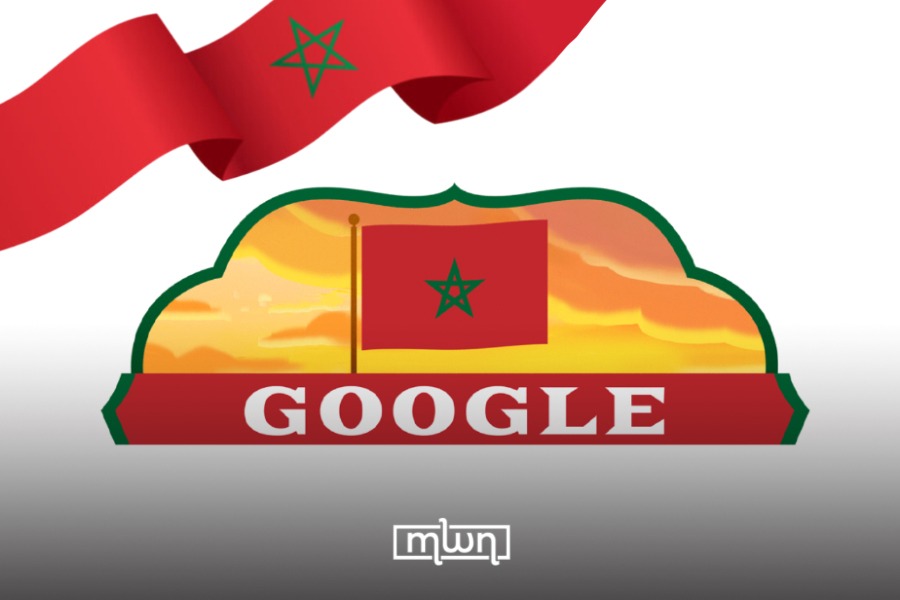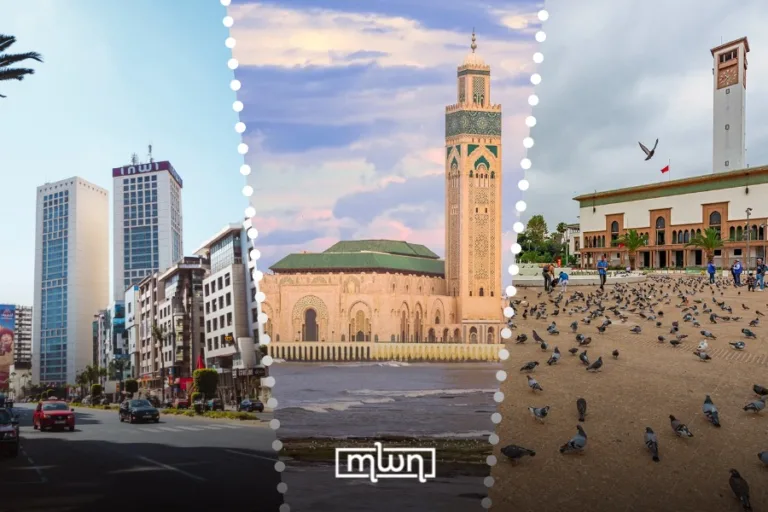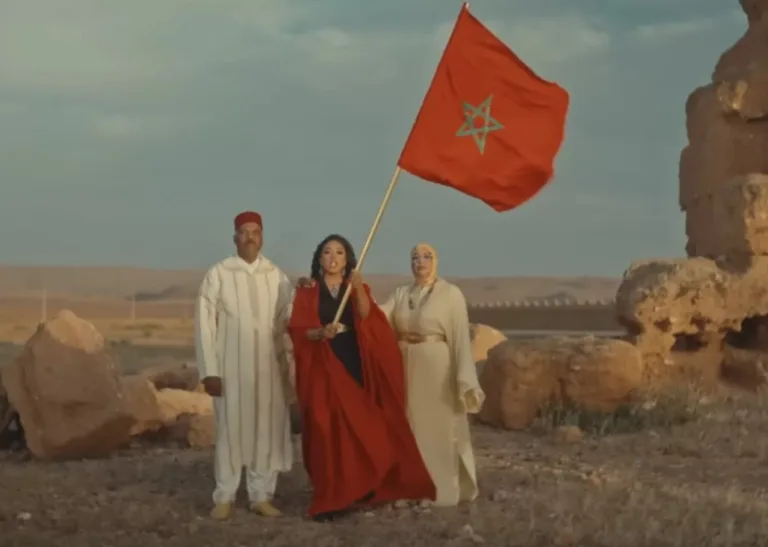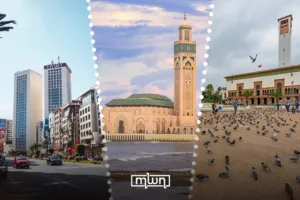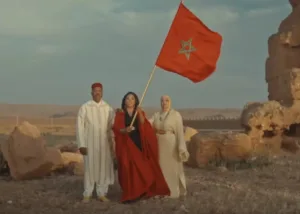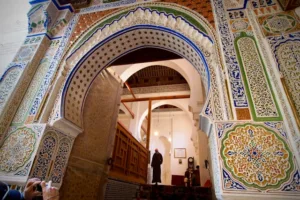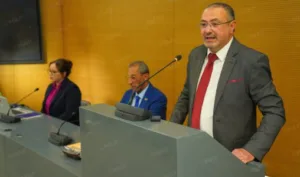This national occasion honors a pivotal moment in history, celebrating Morocco’s unwavering spirit and unity.
Marrakech – Once again, Google is celebrating alongside Morocco, this time marking the 69th anniversary of the country’s Independence Day with a colorful “doodle” front and center on its homepage.The doodle showcases the Moroccan flag waving proudly against a brilliant orange-yellow sunset, a nod to the country’s vibrant energy. Click it, and you’re whisked away into the history of this monumental day, uncovering the story behind Morocco’s journey to independence.The triumph of Moroccan resilienceThis day commemorates a defining chapter in Morocco’s history, symbolizing the triumph of years of perseverance and unity between the monarchy and the people to reclaim the nation’s sovereignty.In 1953, the French authorities, eager to suppress Morocco’s rising nationalist movement, exiled King Mohammed V and his family to Corsica, then Madagascar. The goal was to fracture the bond between the monarchy and the Moroccan people, who viewed the King as a beacon of resistance and hope.But the exile sparked a powerful surge in national pride. Far from weakening their resolve, it galvanized Moroccans from every corner of the country, rallying them behind the King’s return and the fight to end colonial rule. Protests, strikes, and acts of defiance ignited across the nation, forcing the French to reconsider their grip on Morocco.Amid mounting political and social pressure, the French government finally began negotiations with King Mohammed V and Moroccan nationalist leaders. These talks paved the way for an agreement that would grant Morocco its long-awaited independence.King Mohammed V and his family made their triumphant return to Morocco on 16 November 1955, and they were greeted by throngs of jubilant Moroccans celebrating the King’s homecoming. Just two days later, in a moment that would go down in history, the King delivered a landmark speech in Rabat, declaring the end of the protectorate and the dawn of a new era for Morocco as an independent nation.An undying legacyNovember 18 is more than just a national holiday for Moroccans; it’s a day steeped in pride, remembrance, and the celebration of a nation’s hard-won freedom. The return of King Mohammed V on November 16 ignited a wave of national joy, but it was his historic speech just days later that sealed the country’s fate. In that moment, the Moroccan people knew that the years of struggle, sacrifice, and unity had finally borne fruit. The protectorate was over, and Morocco was poised to step onto the world stage as a free and independent country.For Moroccans, this date is a reminder of their resilience and determination. of the Moroccan people. It wasn’t just the King’s return that symbolized victory; it was the unity of citizens, from farmers to intellectuals, who stood together to demand the end of colonial rule. Their shared efforts, despite the dangers and hardships they faced, made Morocco’s independence possible, turning November 18 into a symbol of collective strength.As Morocco still strives to fully recover its southern provinces, this day continues to hold deep emotional significance. It marks the moment when the Moroccan identity was fully restored, not just as a nation but as a people who had fought for their right to determine their future. From the celebrations in the streets to the quiet reflections of older generations, November 18 is a living memory, a tribute to the sacrifices of those who made it all possible.

